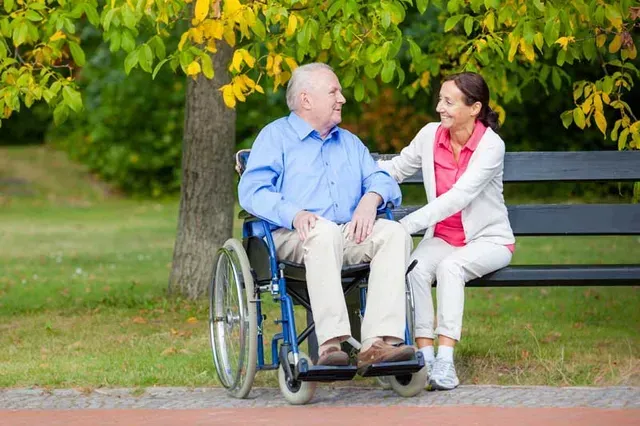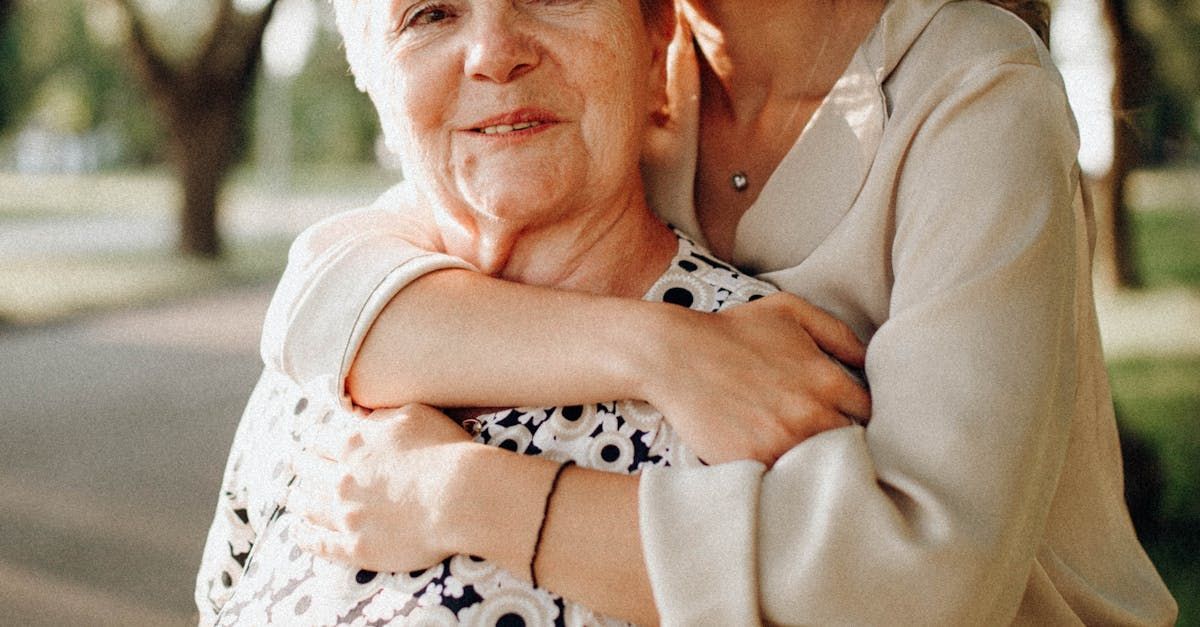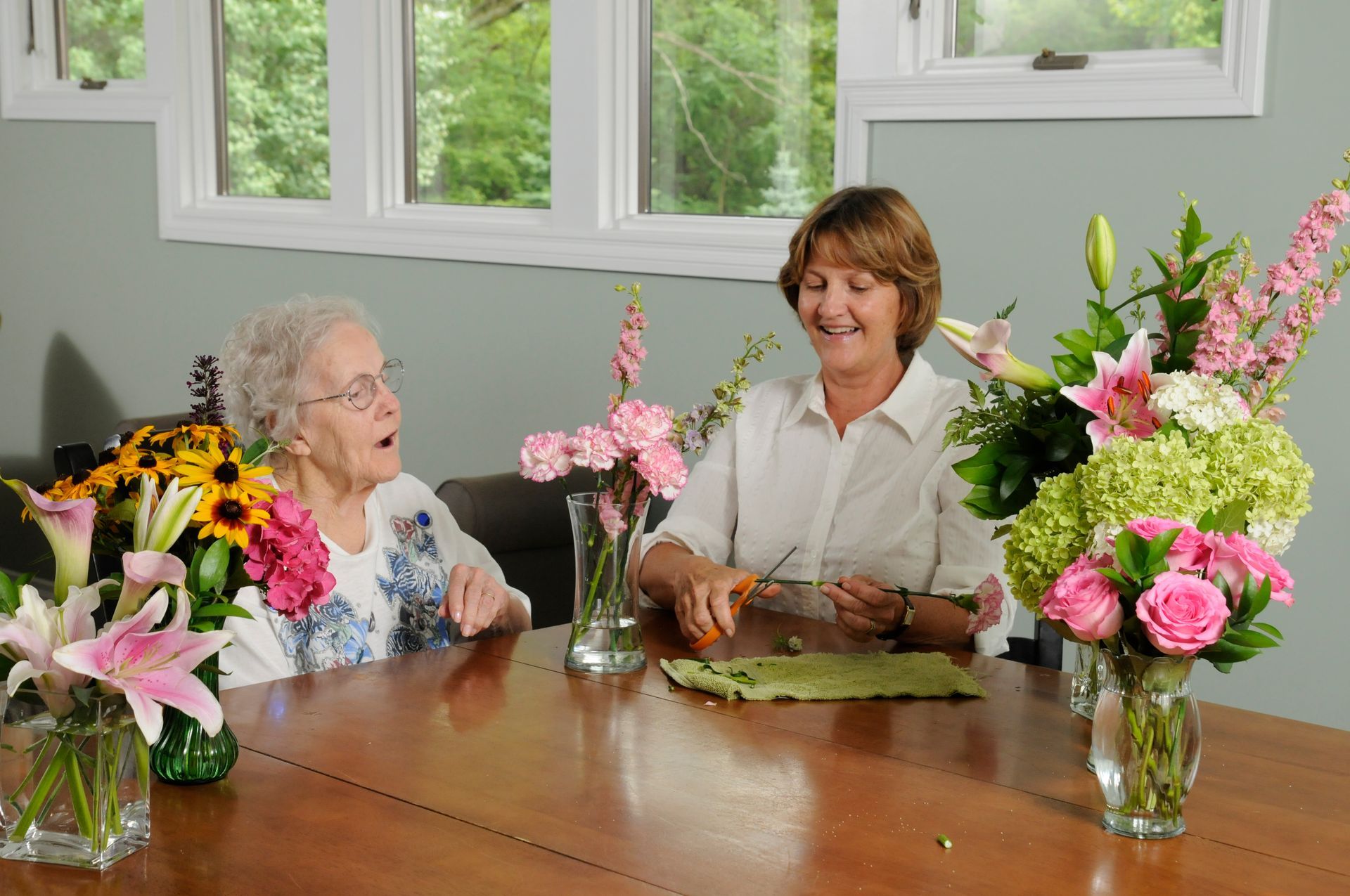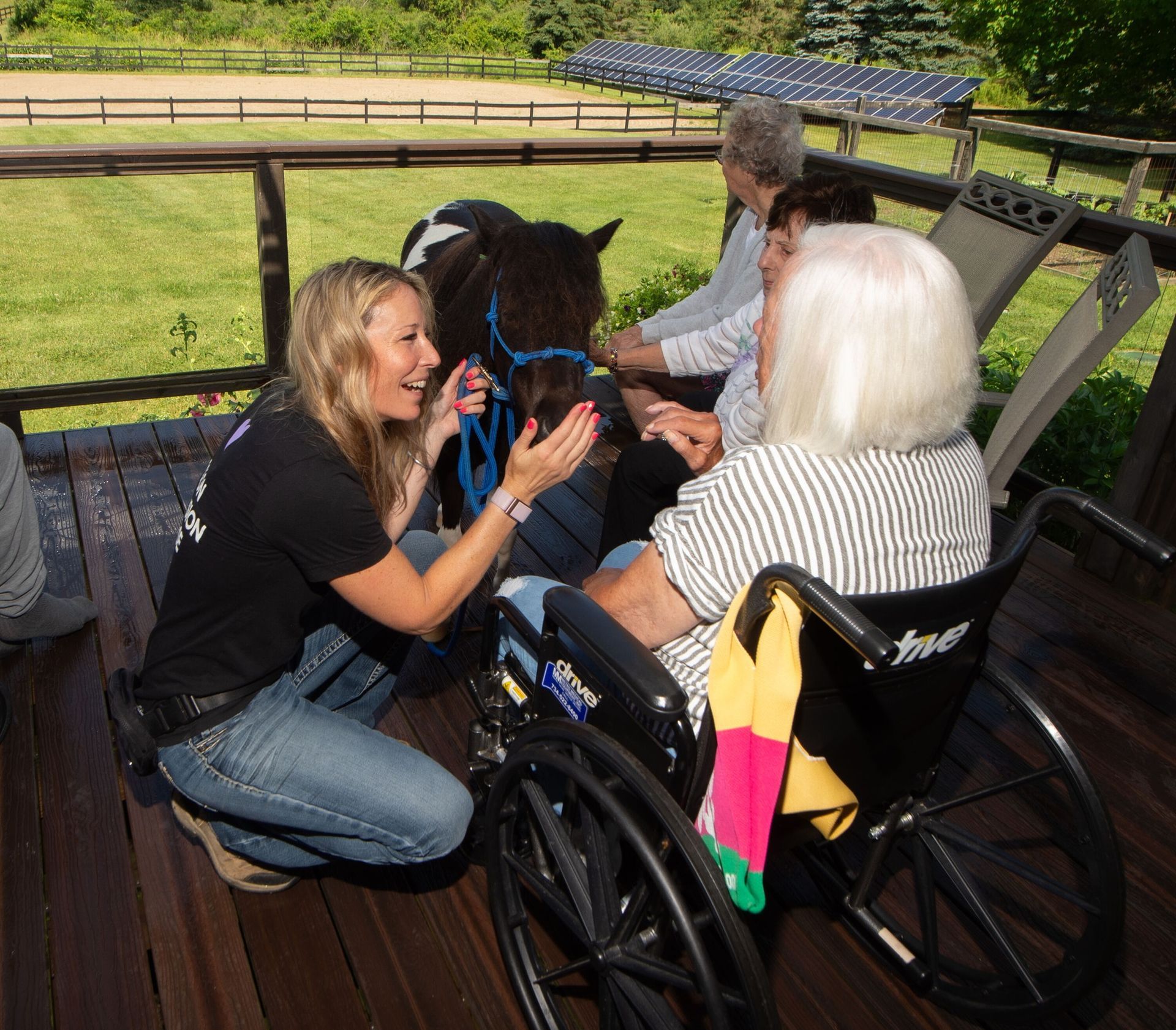Preventing Wandering with Memory Loss Patients
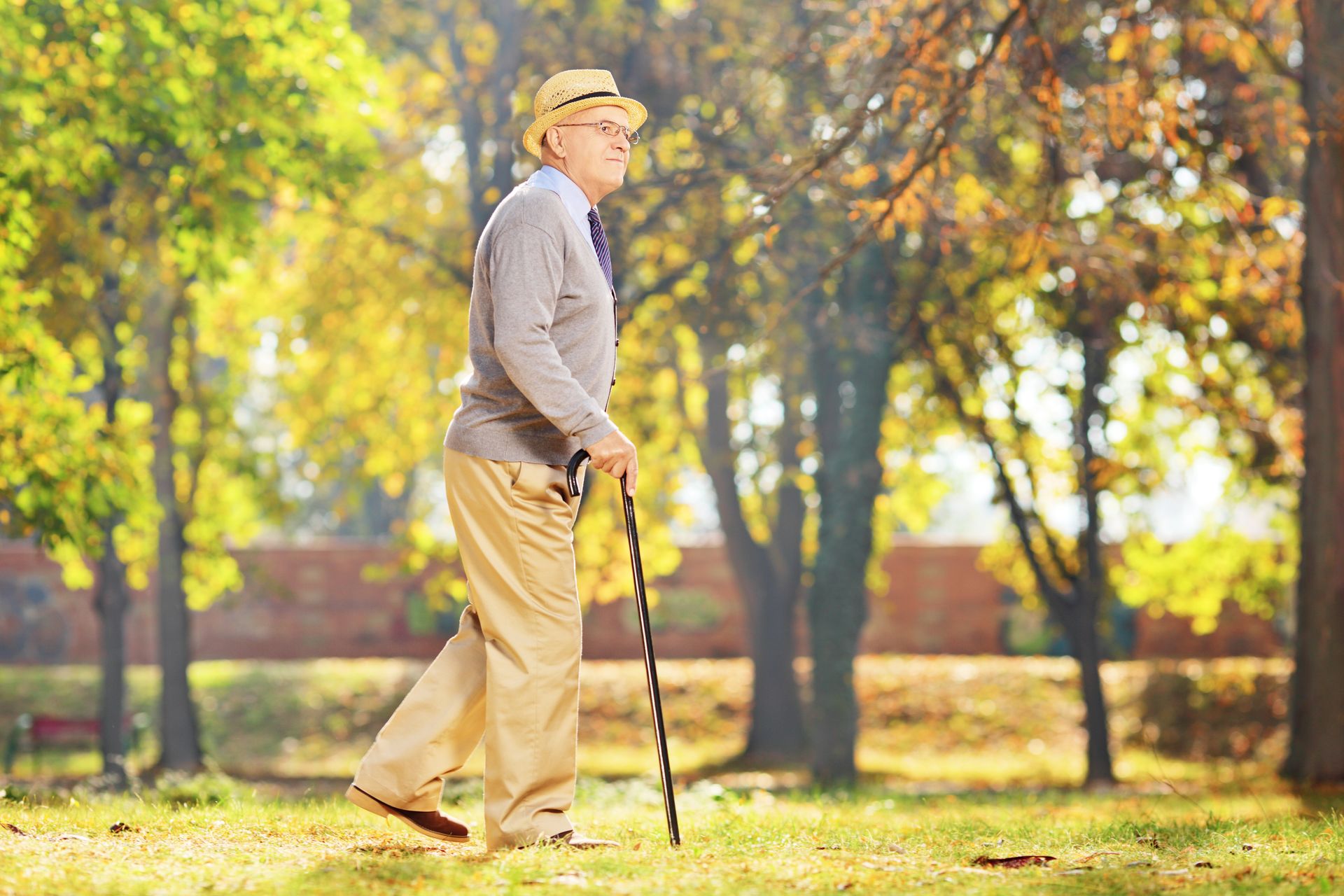
Quite often a memory loss patient will say they need to “go home”, even when that patient is living in a house where they’ve spent their entire adult life. The “home” a memory loss patient seeks is probably the home where they grew up. Even though short-term memory is deteriorating, long-term memories remain intact and are very real to the memory loss patient. Because of this, memory loss patients often behave as if the places of their youth are nearby. They also believe the people who were close to them in their childhood are still alive. Frequently, memory loss patients will say they have to go because their mom or dad is waiting for them.
Such powerful impulses often drive patients to leave their own home or an assisted living facility and wander away outside. Sometimes patients will wander outside even in the worst weather. Sadly, wandering is a common cause of injury and death for memory loss patients.
DOOR ALARMS: Door alarms are essential for any home where a memory loss patient resides. Wireless versions are available at many hardware stores and are easy to install. Magnetic transmitters are attached next to each exit door and generate an electrical signal whenever the door is opened. The signal then triggers an alarm. During the day the device can be set to emit a one-time alarm, something like a doorbell. At night the setting can be changed so the device emits a noisy, continuous alarm, something akin to a police siren. The alarm will continue to sound until a until a switch on the side of the device is reset. The continuous alarm ensures that a sleeping caregiver will wake up if their loved one is trying to walk out at night. (The alarm has the added benefit of deterring anyone attempting to force entry into your house at night.)
Although more elaborate and expensive alarm systems are available, such as ones that sound only when the memory loss patient approaches an exit door, a simple wireless system is probably sufficient. Remember, these alarms don’t work unless the door is closed each time between uses.
WINDOW PROTECTION: Memory loss patients can be very determined and will occasionally climb out a window. Windows can be fitted with stop guards which only allow the window to open a few inches. Some windows have stop guards built-in and if not, after-market stop guards can be purchased inexpensively at your local hardware store. Check with your fire department before installing any device that limits the opening of a window which may be considered a fire exit. Window alarms, which function like door alarms, are also available at many hardware and home supply stores.
SUPERVISED WALKS: For memory loss patients who remain physically fit and active, a long walk outside with a caregiver can reduce the patient’s desire to leave the house. In addition to reducing the desire to wander, the fresh air and the exercise can also help with the patient’s sleep habits and overall attitude. Usually, longer walks produce better results. The patient returns to the house tired, more content and less agitated. If the patient is willing, you should take walks in all seasons. Walks help the caregiver as well and provide memories of quality time spent with a loved one.
IDENTIFICATION WRIST BANDS: Memory loss patients can be fitted with a bracelet which serve the same purpose as a medical alert bracelet. The bracelet identifies the person and their condition and includes phone numbers to call if anyone encounters the memory loss patient on the street. This type of identification is a good idea provided the memory loss patient will wear the bracelet.
SEARCHING: If a memory loss patient does wander off, call the police immediately. Many police departments have tracking dogs trained to follow a scent. Call local television stations to broadcast pictures and information about your lost loved one. Immediately have someone visit or call everyone in your neighborhood. Often a memory loss patient will end up on the porch or in the garage of a nearby house. Have as many people as possible begin searching in cars and on foot or bicycle.

